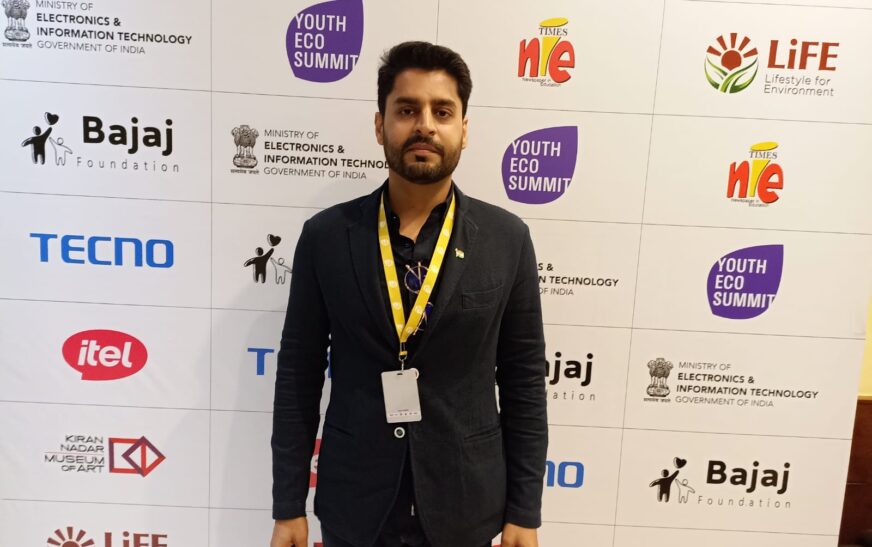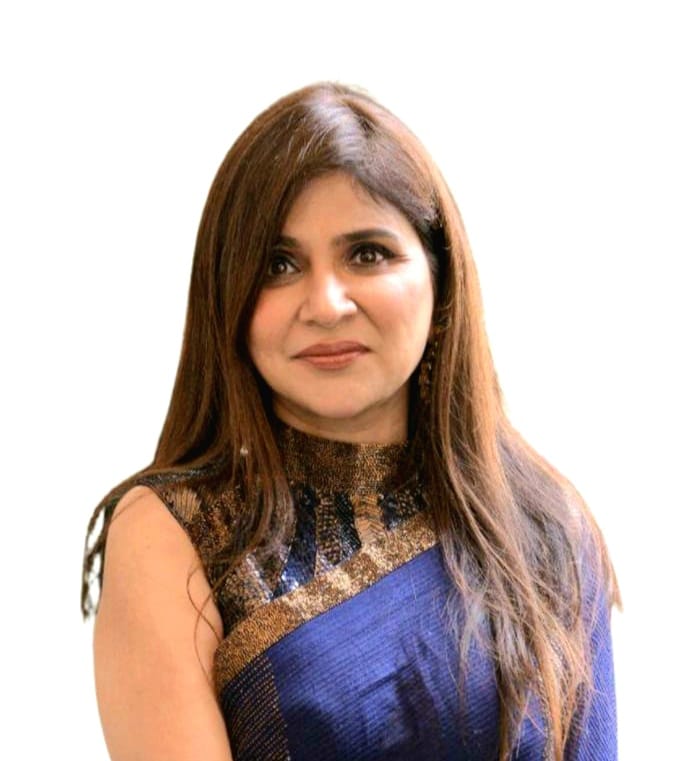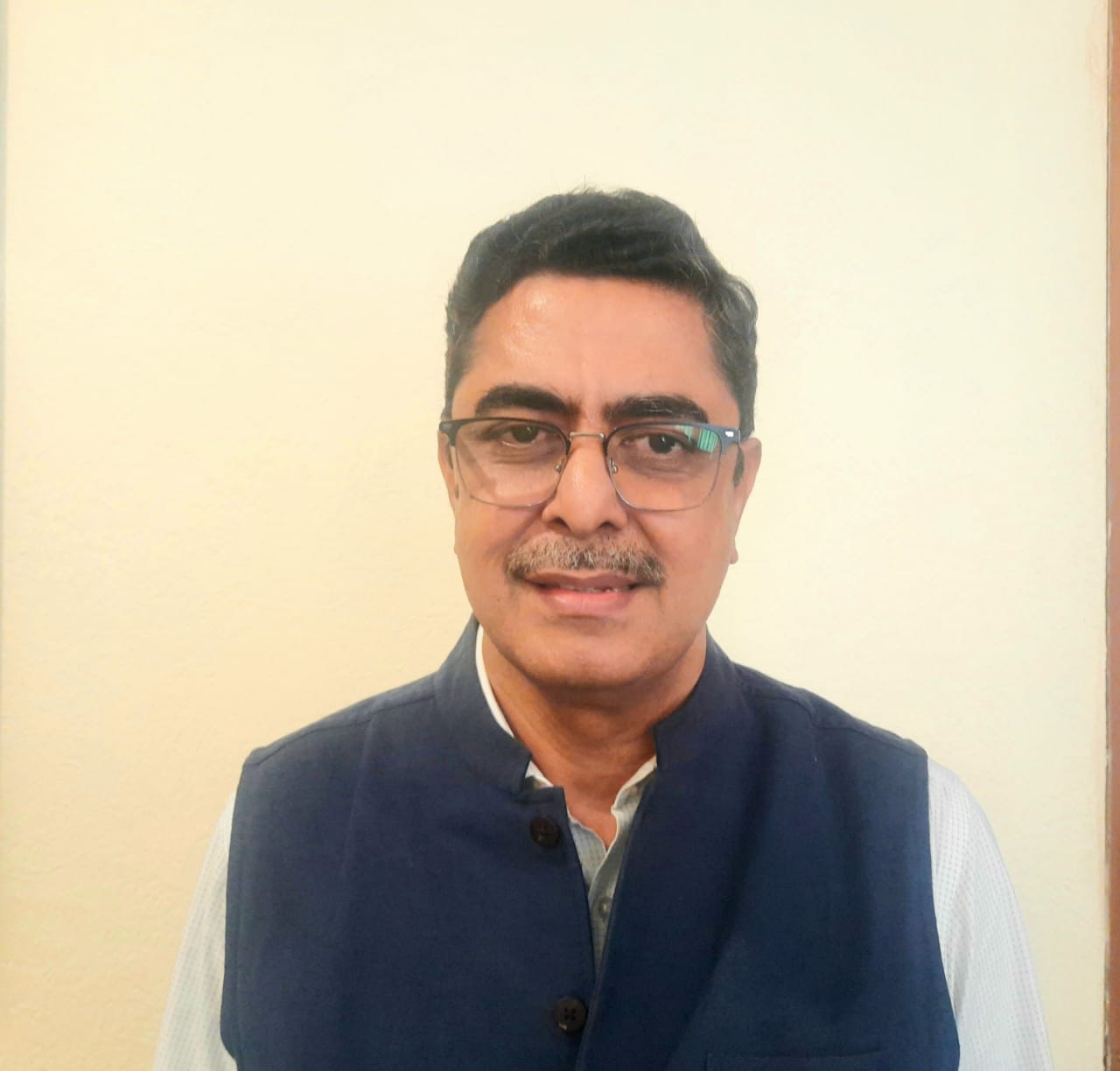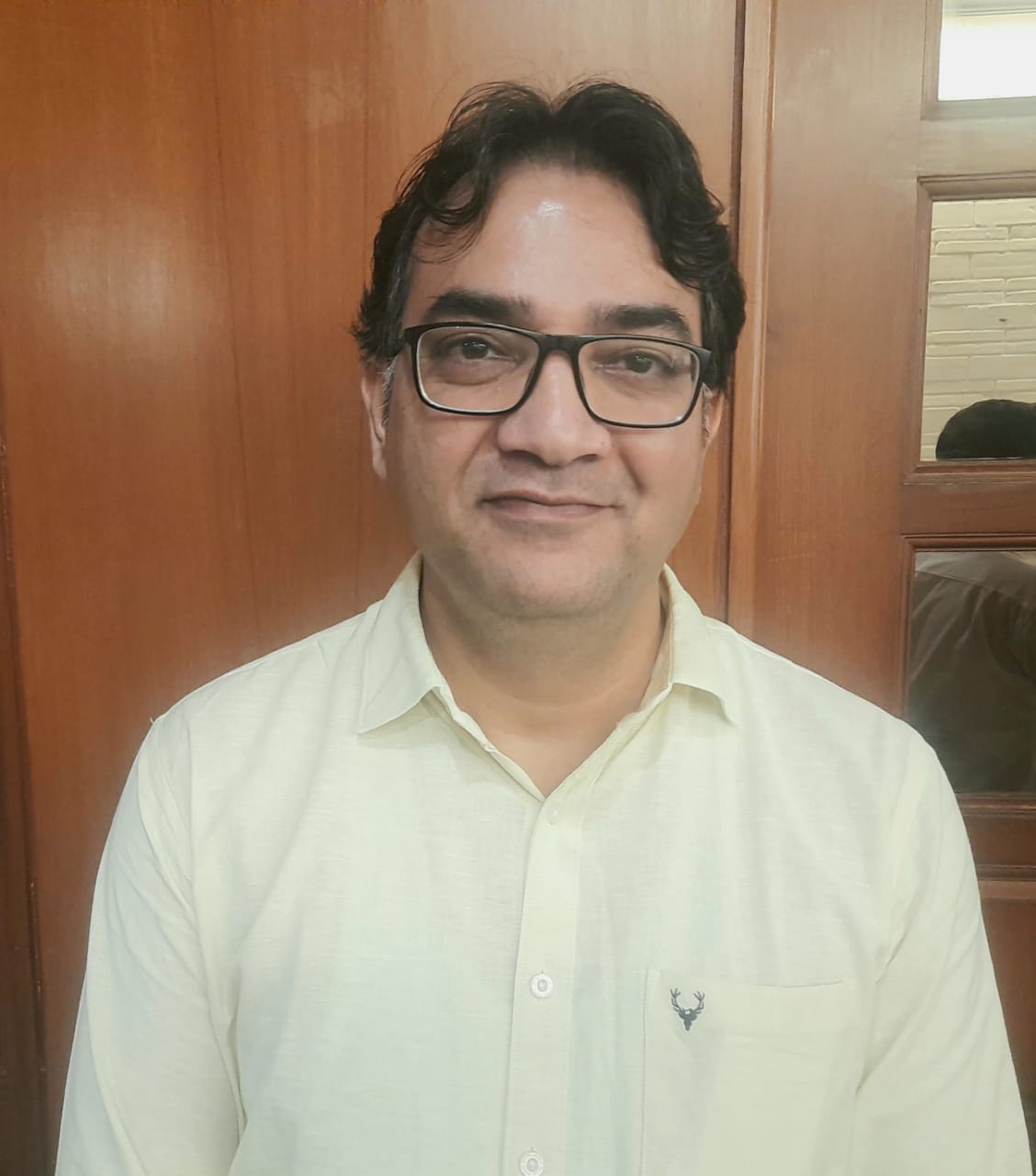Pankaj Bajaj, the visionary force behind Bajaj Enterprises, seamlessly intertwines passion with purpose. Cultivated from a young age, his innate desire to impact society blossomed through family influence and mentorship during his education. A graduate of Harvard Business School, he established the Bajaj Foundation, a not-for-profit organization dedicated to impactful philanthropy. Personally spearheading initiatives in healthcare, education, animal rights, women, youth, and child welfare, Pankaj champions unity, equality, and inclusivity. Over two decades, he redefined business norms, blending entrepreneurship with societal progress.
During an exclusive conversation with The Interview World on the sidelines of the Youth Eco Summit, a groundbreaking event aimed at promoting environmental awareness and education for a lasting, sustainable impact on our planet, Pankaj Bajaj, the Founder of Bajaj Foundation, emphasizes the positive potential of recycling e-waste. He also highlighted the transformative ability of repurposing electronic waste as a valuable raw material. Here are the key insights from his interview.
Q: What initiatives has the Bajaj Foundation implemented to effectively sensitize the youth on e-waste management?
A: We maintain an ongoing dialogue with the younger generation. Moreover, we actively engage with schools and reaching out to children through numerous educational institutions. Today, a summit is taking place in Delhi, where over 200 schools have participated. Children arrived in school buses, enthusiastically taking part in essay and slogan competitions.
Our efforts extend beyond mere participation – we reward and engage the students. We aim to raise awareness among them about the challenges and advantages associated with e-waste. Through this approach, we also strive to foster a deeper understanding of the current issues.
Q: What policies or research is your organization undertaking to address the challenges of increasing number of e-waste in India?
A: Absolutely, we are actively engaging in discussions on this matter. Currently, we’re in talks with the education department and collaborating with schools to introduce modules and subjects focused on environmental protection and sustainability, specifically addressing electronic waste.
Electronic waste, often viewed solely as a problem, possesses potential benefits. We can transform those back into raw material form, allowing the recreation of devices using the same materials. For instance, when an old phone is dismantled, the plastic can be repurposed into pellets, while valuable resources like aluminum, cobalt, and even gold can be extracted.
The key lies in recognizing that electronic waste is not inherently harmful; rather, it is the method of disposal and lack of awareness surrounding these issues that need attention. To address this, we are actively engaging with the government, schools, and children. Our primary focus is on creating awareness among children who will play a pivotal role in shaping our future. Our solution revolves around educating and informing them to foster a sense of responsibility towards electronic waste and its sustainable management.
Q: How can the electronic manufacturing industry enhance its approach to recycling, reusing, and repurposing e-waste, and what specific recommendations do you have for sustainable practices within the sector?
A: The industry has already fallen within the purview of the e-waste policy and regulations established by the government in 2016-17. As a result, manufacturers follow the recycling process. Each year, the production is equated with recycling, reflecting the government’s imposition of a specific liability.
Despite these measures, there may still be some recyclers and individuals who are not fully committed to environmental responsibility. My message to the industry is clear: engage in recycling activities promptly, ensuring compliance with regulations and a genuine commitment to environmental well-being.
Q: What overarching message does the Bajaj Foundation aim to convey to the youth of India through the inaugural Youth Eco Summit?
A: I want to convey a crucial message to the youth of India: they are the future leaders and change-makers, the ones who will shape our tomorrow. It’s high time for them to become conscious and responsible stewards of the environment, given the imminent threat it faces. The environmental crisis is not up for debate anymore; evidence is visible on the ground with rising pollution levels, deteriorating soil quality, and an alarming increase in cancer cases.
Now, more than ever, the youth must awaken to the reality around them. They also need to take action and adopt a more responsible lifestyle for the sake of their well-being and the well-being of future generations. Furthermore, it’s a call for awareness and proactive engagement in building a sustainable and healthy future.









